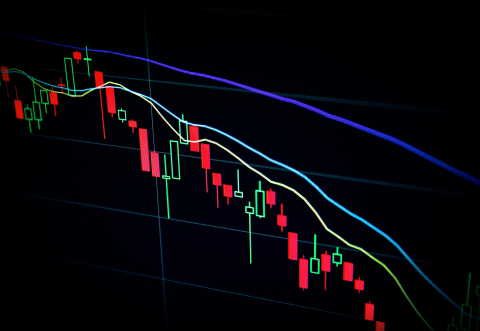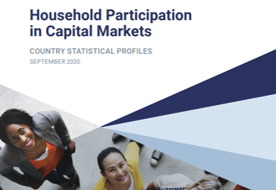In light of the current COVID-19 circumstances and the already existing ambitious time table for the implementation, EFAMA calls for the EBA to carefully consider these circumstances and request the EC to postpone the date for the application of the IFD/IFR framework (26 June 2021) and the time table of the level 2 measures (such as the deadline of 26 December 2020 for providing drafted RTS and ITS).
Management Companies
EFAMA has been looking at legislative proposals with a direct impact on asset management companies and services, and closely follows any regulatory developments of critical importance to the sector. In addition to issues related to risk management and financial stability, high up on the agenda of EFAMA members is the framework for a prudential regime for Investment Firms (IFD/R), and related implementing measures directly descending from such framework.
EFAMA is focused on minimising the impact of the rules on asset management companies, in particular those holding a limited MiFID license. Key to the sector is the need for proportionality, especially firms that are not authorised to hold client money/securities, or to deal on their own account.
EFAMA responds to EBA CPs on implementation measures of new regulatory framework for Investment Firms
EFAMA Reply to consultation for an EC Action Plan to prevent money laundering and terrorist financing
As highlighted in President’s von der Leyen guidelines for the new Commission, the complexity and sophistication of the Union’s financial system has opened the door to new risks of money laundering and terrorist financing. The European Union needs to step up its regulatory framework and preventive architecture to ensure that no loopholes or weak links in the internal market allow criminals to use the EU to launder the proceeds of their illicit activities.
Associations Letter: Integration of sustainability factors and risks into MiFID II IDD and Solvency II
International Statistics Q2 2020 | Solid growth of worldwide fund assets in second quarter as global financial markets post strong recovery
The European Fund and Asset Management Association (EFAMA), has today published its latest International Statistical Release describing the trends in worldwide investment fund industry in the second quarter of 2020*.
Worldwide regulated open-ended fund assets increased by 9.8 percent to EUR 51.7 trillion in the second quarter of 2020. Worldwide net cash flow to all funds amounted to EUR 818 billion, compared to EUR 617 billion in the first quarter of 2020.
European Statistics Q2 2020 | Investor confidence in Q2 results in sharp rebound in sales of UCITS
The European Fund and Asset Management Association (EFAMA) has today published its Quarterly Statistical Release describing the trends in the European investment fund industry in the second quarter of 2020 with key data and indicators for each EFAMA member countries.
Bernard Delbecque, Senior Director for Economics and Research at EFAMA commented:
Monthly Statistics June 2020 | Net sales of UCITS break the EUR 100 billion mark in June
The European Fund and Asset Management Association (EFAMA) has today published its latest monthly Investment Fund Industry Fact Sheet, which provides net sales data of UCITS and AIFs for June 2020.
Asset Management in Europe - An Overview of the Asset Management Industry - November 2020
The report aims to provide a unique and comprehensive set of facts and figures on the state of the industry at the end of 2018 but also to highlight the fundamental role of asset managers in the financial system and wider economy.
Demystifying ETPs: an EFAMA guide for the European investor
Through its ETF Task Force, EFAMA has produced an Investor Education Guide intended to draw out, in a simple form, the defining features for the three main types of ETPs (Exchange-traded products) listed across European markets. The association hopes this guide will primarily assist investors in having a clearer understanding of different ETPs and help investors appreciate the differences between them, especially from a risk and product complexity viewpoint.

































